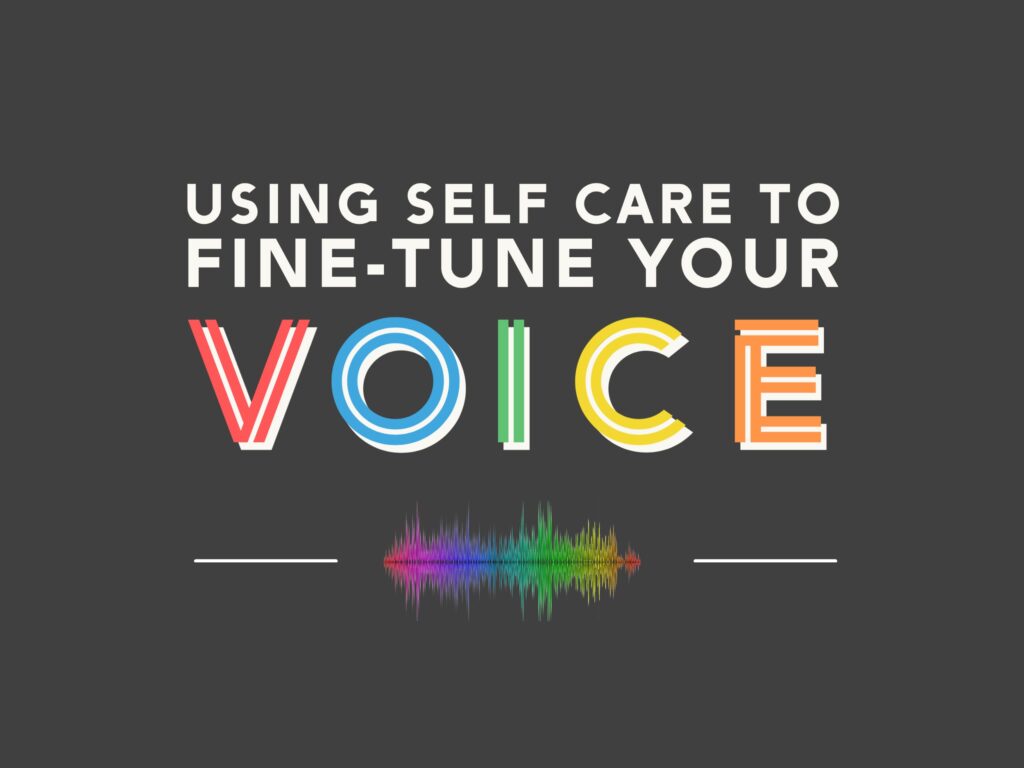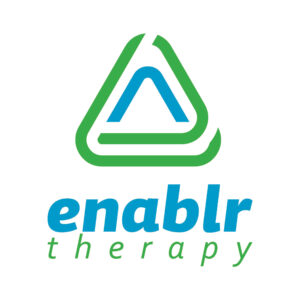
Our voice is a powerful tool that we use every day. This is especially true for professionals like singers, speakers, teachers, lawyers, healthcare workers, sales persons, and many other vocations that rely on their voice. Our voice helps us to express ourselves and connect with others. Think about how much you can understand just by the tone, volume, and pace of the words of an overhead conversation. You don’t need to hear the words to understand if the people are mad, serious, happy, or excited. Think about the phrase “good to hear your voice.” Studies have shown that hearing the voice of a loved one can reduce stress. Our voice has power and it deserves to be heard.
Voical Hygiene
But our voice needs special attention from vocal hygiene practices. Vocal hygiene is not familiar to many people. In fact, on hearing the term “vocal hygiene”, some might have visions of their parents washed out their mouths with soap but fortunately, it has nothing to do with soap! Vocal hygiene works to create a “clean” voice that is easy to hear.
It is estimated that 17.9 million adults in the US have issues with their voice. Vocal problems can result in a hoarse, raspy, or deeper voice, raw or achy throat, increased effort to talk, and frequent clearing of the throat that might not represent you well. Vocal hygiene practices can help to alleviate or resolve issues. Attending gender affirming voice services can also help to reduce the risk of potential hazards to the vocal cords and help drastically with gender dysphoria.

Caring For Your Voice
Tips and Tricks
Hydrate
Drink at least six 8-oz glasses of water each day to lubricate your vocal folds, smooth muscle tissue located next to the larynx that vibrates from air flow when you speak to produce sound. Avoid excessive alcohol use as it dries the vocal tissue and produces stomach acid that can lead to acid reflux. If you drink caffeinated drinks, be sure to also drink water as caffeine will dehydrate you and your voice.
Rest
Give your voice a rest during the day. If you need to talk a lot, take a 10-15 minute break every couple of hours. Also, it is important to be well rested in general as fatigue can negatively affect your voice.
Talk at a Normal Volume
Talking too loudly or too softly (a whisper) puts strain on your vocal mechanisms. Avoid talking in areas with loud background noise.
Use a Good Posture
A good posture helps to promote respiratory support when talking or singing. Many singers and speakers perform exercises to improve their breath control.
Exercise
Regular exercise builds endurance and promotes posture for better breath support.
Don’t Smoke
Smoking irritates and dries out the vocal folds and increases the risk of laryngeal cancer. Avoid smoking and second-hand smoke.
Address Heartburn Issues
If you have regular heartburn, talk with your doctor. Reflux or GERD (Gastroesophageal Reflux Disease) can impact the quality of your voice, making you sound gravelly or hoarse.
Use a Microphone
If you are speaking to a group or in a large space, use an amplification system to help reduce vocal strain.
Avoid Mouthwash with Alcohol
Mouthwash containing alcohol dries out the vocal tissue. There are several mouthwashes available that do not contain alcohol. Note, mouth odor can be a sign of reflux or tooth decay and should be addressed by a doctor.
Enablr Therapy’s speech language pathologists are trained to address issues such as vocal quality, pitch, and volume for a wide range of needs including post-surgical rehabilitation, gender-affirming services, or vocal cord dysfunction or lesions. Click here to learn more about our therapy services or contact us to see if voice therapy is right for you.
References
Luoma, A (2020, July 13). The Power of Connection Through Voice. Forbes. Retrieved fromhttps://www.forbes.com/sites/forbescoachescouncil/2020/07/13/the-power-of-connection-through-voice/?sh=4c8f26c6e212
National Institute of Deafness and Other Communication Disorders. (2021). Take Care of Your Voice. Retrieved from https://www.nidcd.nih.gov/health/taking-care-your-voice



